Onychophagia is a body-focused repetitive behavior.
-
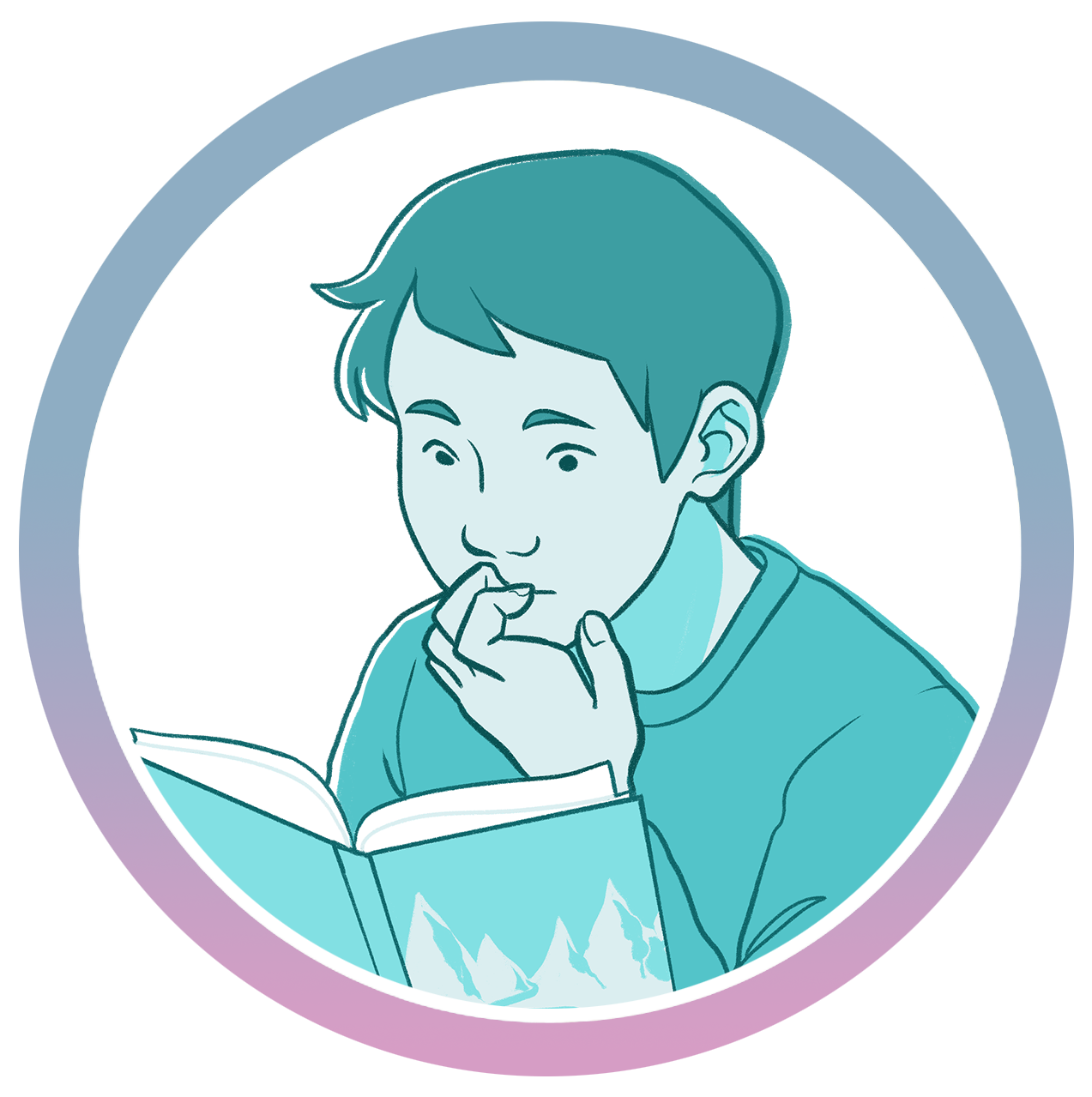
Onychophagia
Chronic Nail Biting
-
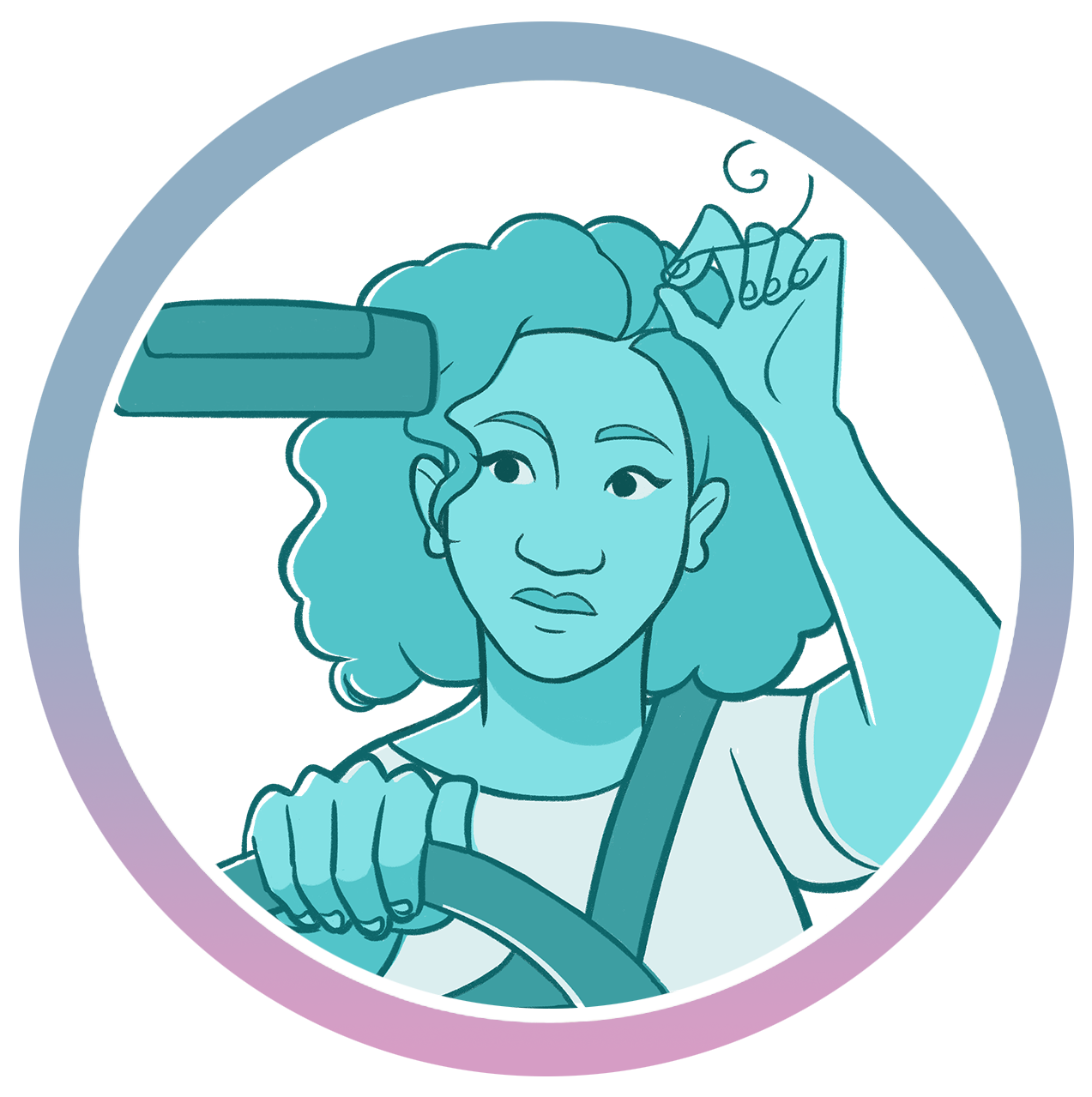
Trichotillomania
Chronic Hair Pulling
-
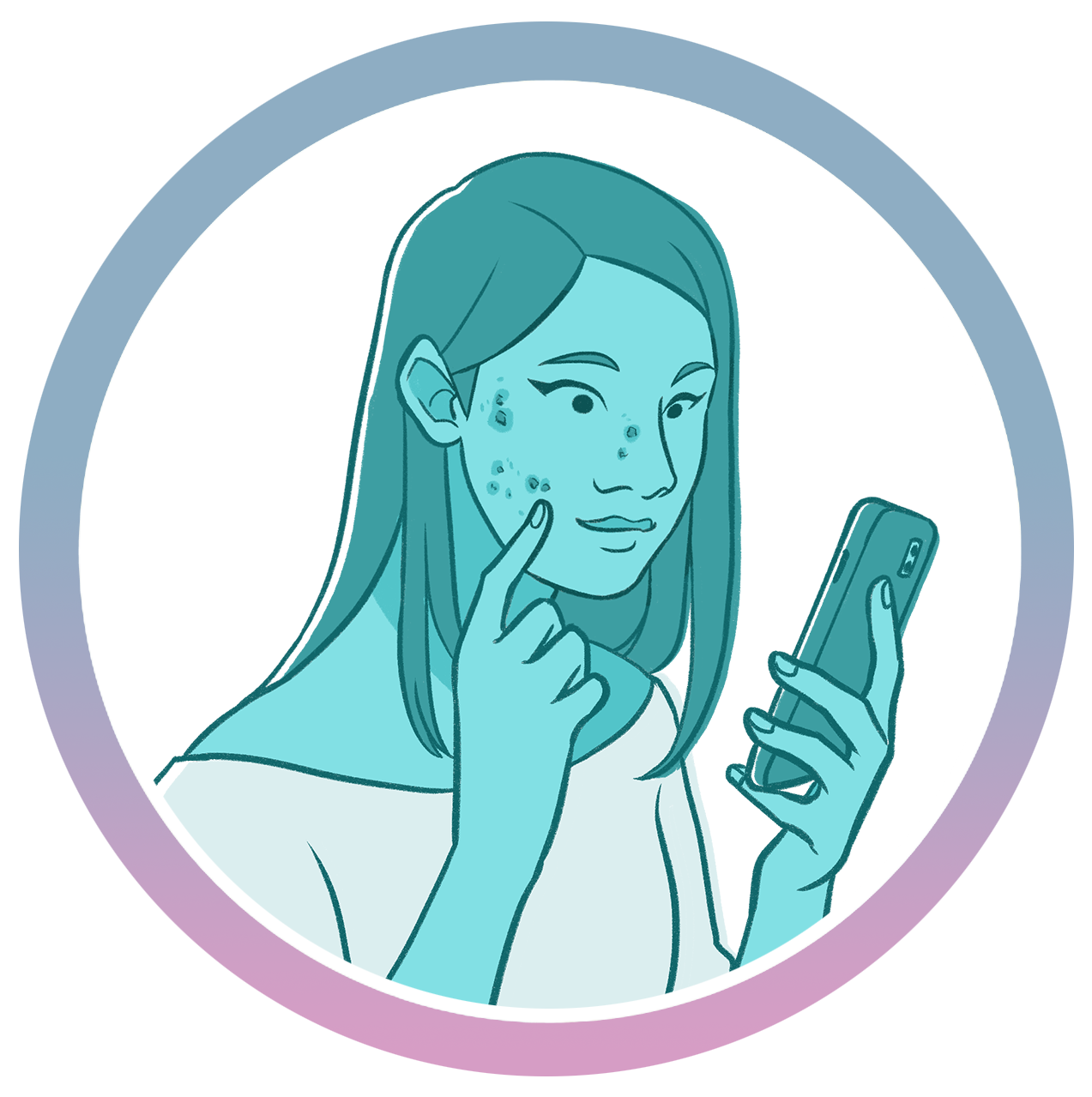
Dermatillomania
Chronic Skin Picking
-
Formal Classification
Onychophagia, also known as nail biting, is classified in the DSM-5 as “body-focused repetitive behavior disorder,” which falls under “Other Specified Obsessive-Compulsive and Related Disorders.”
-
Consequences of Nail Biting
- Increased risk of an infection around the nail
- Increased risk of getting sick and spreading germs
- Can damage teeth and gums
- Can impact self-esteem and social life
Common Onychophagia Myths
Is Nail Biting a choice?
Onychophagia and other body-focused repetitive behaviors ARE NOT A CHOICE! They are chronic medical conditions. It is easy for people to blame those with nail biting disorder for not being able to control their hands, but that ignores the fact that Onychophagia stems from the "fight-or-flight" nervous system, making it a naturally ingrained behavior in the body and thus not a choice. It's the body's default response to trying to get it back to "center." It's not the individuals choice to have these urges, and they cannot usually be controlled through sheer willpower. That's why management is so important.
Is Nail Biting an addiction?
While nail biting may provide a sense of relief or pleasure for people with Onychophagia, it is not an addiction in the traditional sense. People with Onychophagia do not compulsively bite their nails out in order to reach an altered state of consciousness, they do it because their subconscious mind is looking to self-soothe.
Is Nail Biting the same as Obsessive-Compulsive Disorder?
While nail biting may be symptomatic of another mental health condition, Onychophagia is actually considered its own disorder. That's important to know because the treatment for OCD, ADHD, and BFRBs are all different.
Is Onychophagia rare?
While Onychophagia may be lesser known than other mental health conditions, it is actually quite common. It is estimated that around 30% of the population bites their nails, which means that there are potentially millions of people who could be diagnosed with a compulsive version of it.
Onychophagia can affect people of all ages, genders, and races.
Can Onychophagia be cured?
There is currently no cure for Onychophagia, but there are ways to manage the symptoms and urges. The most effective treatment options include cognitive-behavioral therapy (CBT) and habit reversal training (HRT). There are also awareness smart bracelets, and online support. These resources focus on helping people learn new coping strategies for dealing with stress and other triggers that may cause them to bite their nails.
-
Where do I start with management?
There's no one right way to manage Onychophagia. But here are some suggestions:
• Speaking to a treatment professional.
• Joining an online support group.
• Growing your awareness with an awareness bracelet.
• Creating a personalized Management Strategy.
-
How do I tell people about my Onychophagia?
It can be hard to talk about your Onychophagia, even with a loved one, because of how much stigma there is around the condition.
That being said, support is important when learning to manage.
Here's our guide for preparing to tell a loved one about your Trichotillomania. (It still applies to Onychophagia!)
-
What are the best replacement strategies for Onychophagia?
You are unique, and will likely have your own favorites! Experimentation is the best way to figure out what works for you.
-

Nail Biting, Lip Picking, Cheek Biting & Finger picking are BFRBs Too AND There is Hope!
Read the BlogTrichotillomania (hair pulling disorder) and Dermatillomania (skin picking disorder) are not the only BFRBs. Did you know that nail biting, lip picking, finger picking, and cheek biting are also BFRBs?
-
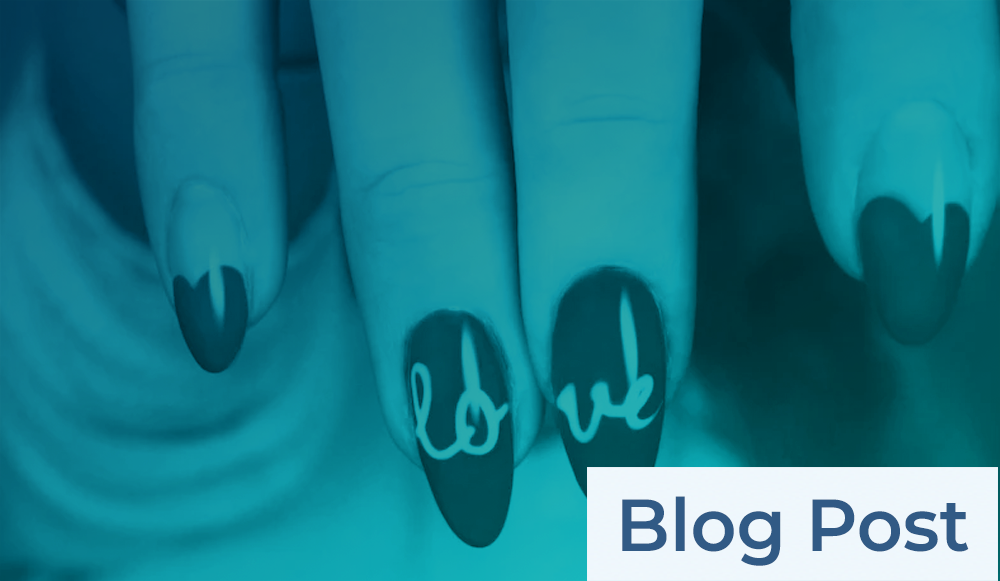
How Deena stopped a 70 year nail biting "habit" with "HabitAware-ness"
Read the BlogEarly this March, HabitAware started supporting Deena in achieving her goal of kicking her 70 year old nail biting “habit.” During our free Keen set up training call, Deena said to me, “Ellen, I have tried everything and anything over the last 70 years to stop nail biting."
-
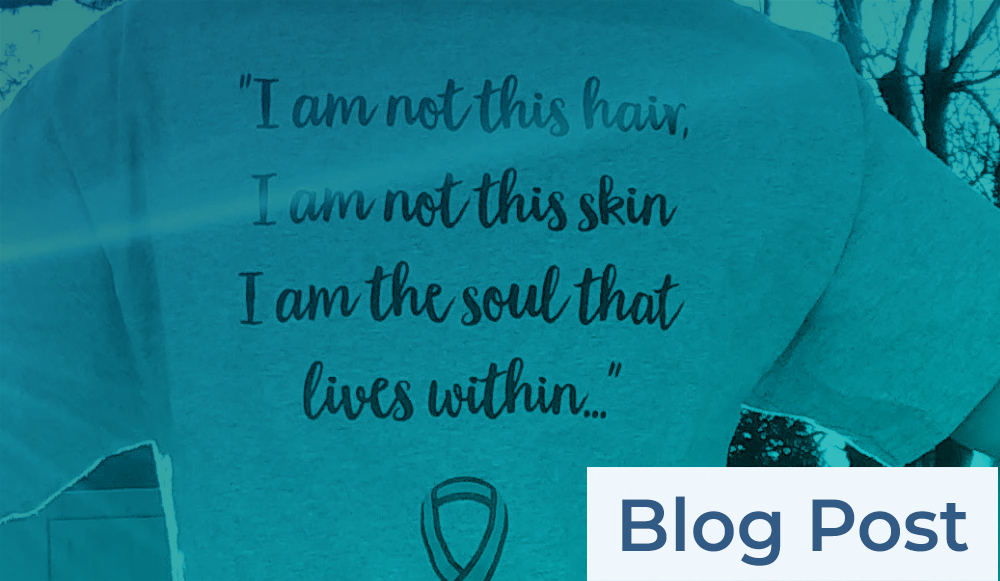
Conquering with Keen: Gessie's Nail Biting Story
Read the BlogGessie, a 20-year-old living in New York, began her struggle with Body-Focused Repetitive Behaviors (BFRBs) at the young age of 4. This is how she’s Conquering with Keen Awareness, in her own words.
"I have been biting my nails, finger skin and cuticles for as long as I can remember..."






